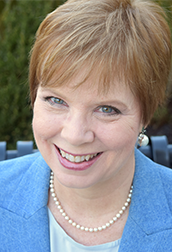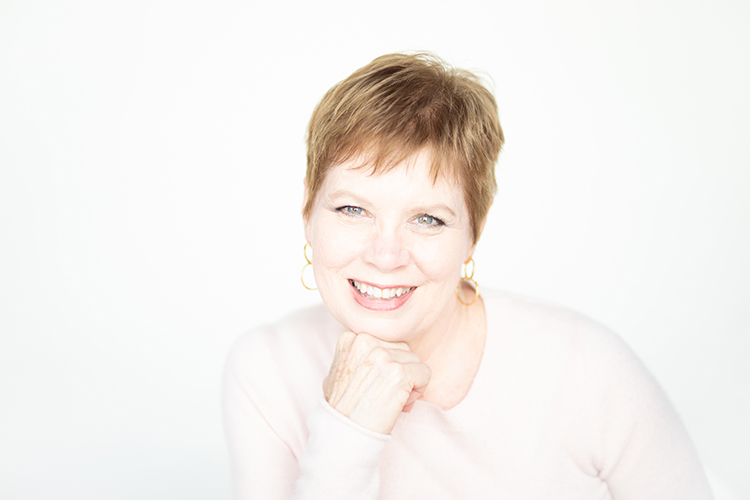I was one of 40,000 students at University of Texas so it was a shock during my first semester at graduate school at Yale to receive an invitation to join a small group of students for dinner at the home of a professor. Dean Harry B. Adams was a Disciples of Christ minister and he and his wife Manette invited all the Disciples of Christ students over for an informal evening just to get acquainted.
Dean Adams was my academic advisor and eventually I mustered the courage to enroll in his basic preaching class. One day, he invited me to stay after class. “Go back up to the pulpit and read scripture,” he insisted. I read the same scripture over and over again until it met with his approval. He broke me of the tendency to read God’s word with a sing-song voice, every sentence ending with the same inflection.
Dean Adams was more than a steady rock at the Divinity School. The President appointed Adams as University Chaplain (and later a Master of a college). It came with a large house, a key role in academic affairs, and responsibilities for serving the University Church. We often forget that Yale and many other old Universities began only as a training ground for clergy, and later they added those other disciplines: science, business, law, liberal arts. But Harry Adams didn’t let this high role inflate his ego. He remained the humble man who would show up early at a major function in the kitchen to help plate cookies with his staff and volunteers.
When I was ordained in Texas, Harry flew down to preach at my ordination. My mother, who has high standards, said it was the best sermon she ever heard. This brilliant man spoke in straightforward terms about how each of us is called to “lead a life worthy of the calling to which we have been called.”
Harry, the dean, the master, the chaplain, the preacher, the teacher, you led a life worthy of the calling to which you were called. I am forever grateful for the 95 years you spent on this earth, and for the ways you taught and inspired me to be God’s person.



